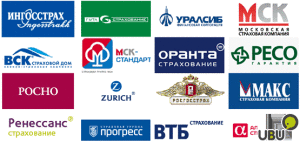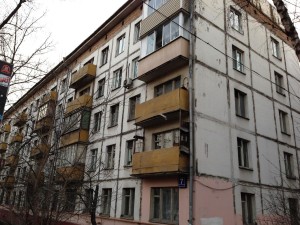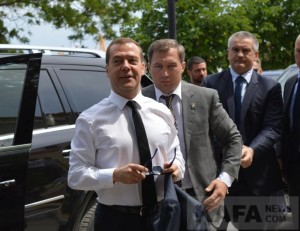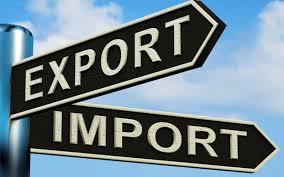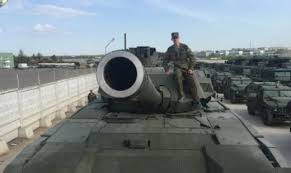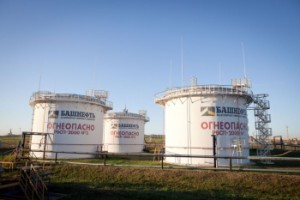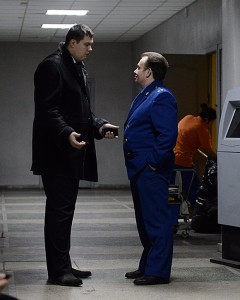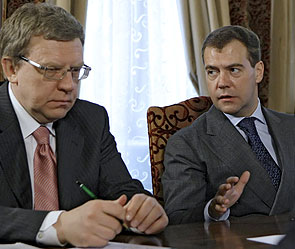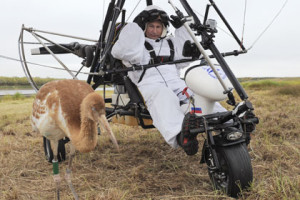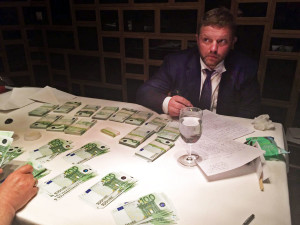
In political science, the term “democratic transition” is used to describe a transition period in the history of a country that has recently gotten rid of a totalitarian regime and is “in transit” toward the formation of democratic institutions, that is a regime that is neither totalitarian nor yet democratic. There probably should be another term to describe the reverse process from half-established democracy to a dictatorship. This is the totalitarian transition we are witnessing in today’s Russia, and the authorities have not yet tightened screws enough to prevent the information about different aspects of this process from reaching the population. Thus, the much-publicized arrest of former leader of the Union of Right Forces opposition political party and Kirov Region governor Nikita Belykh brought to light a sensitive topic of “black cashboxes” controlled by government structures.
What exactly is a “black cashbox” of a Russian governor? First, it is worth noting that according to official estimates, 40 percent of monetary assets in Russia are circulating in the shadow sector of the economy. Unofficially, this number is much higher. According to Russia’s Central Bank, in 2015, the volume of cash in open circulation reached 400 billion rubles. It has to be said, however, that in 2014, it amounted to 1.8 trillion rubles. Russia is a recognized leader in illicit financial flows. A report released by Global Financial Integrity (GFI) examines Russia alongside India, Brazil, Mexico and Philippines. More than 40 percent Read More “A Lesson in Political Science: On Merging Black Cashboxes into the Kremlin’s Common Cash Funds”



